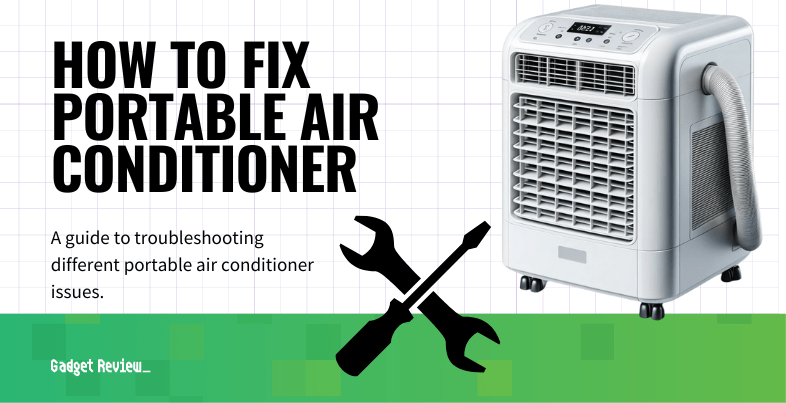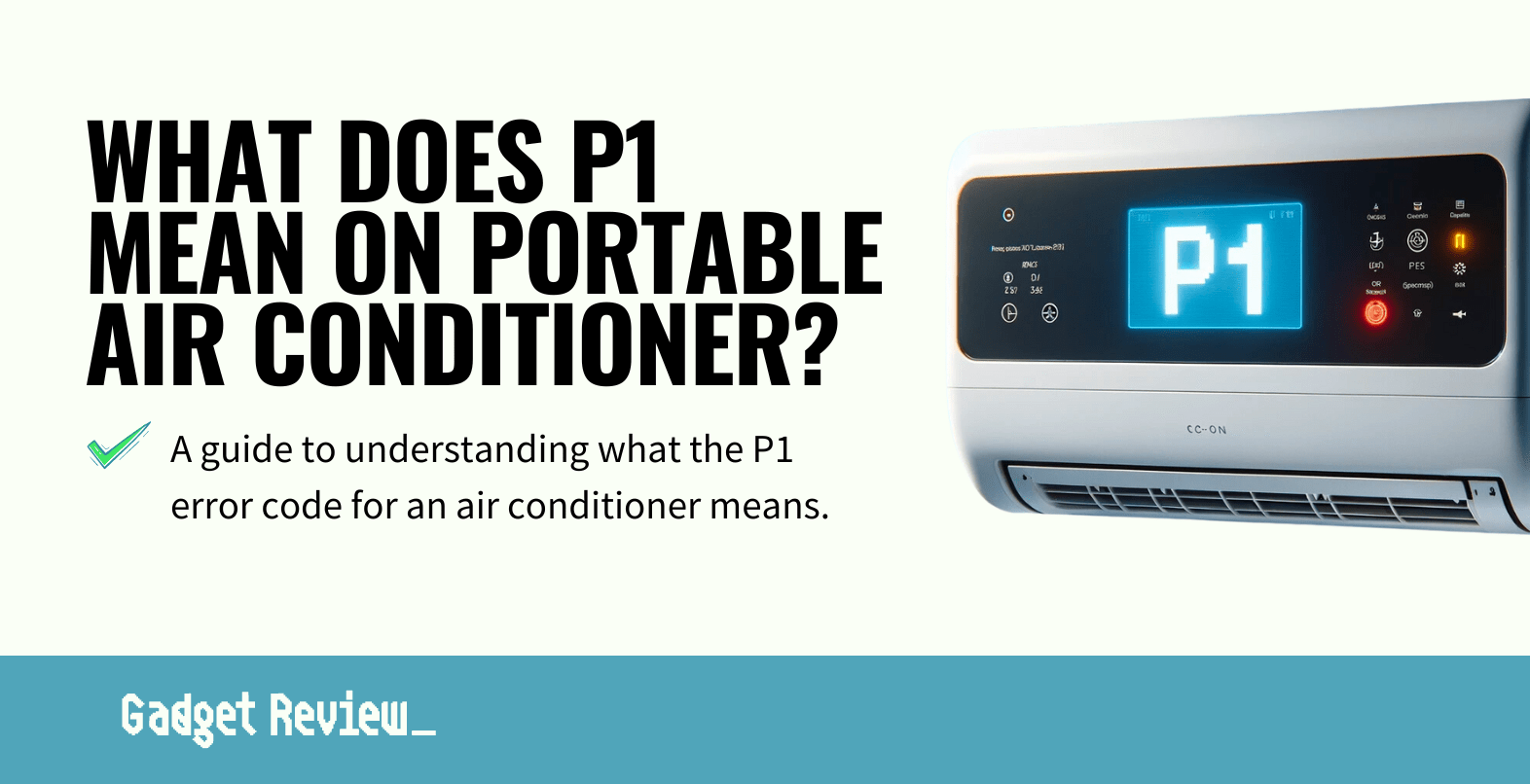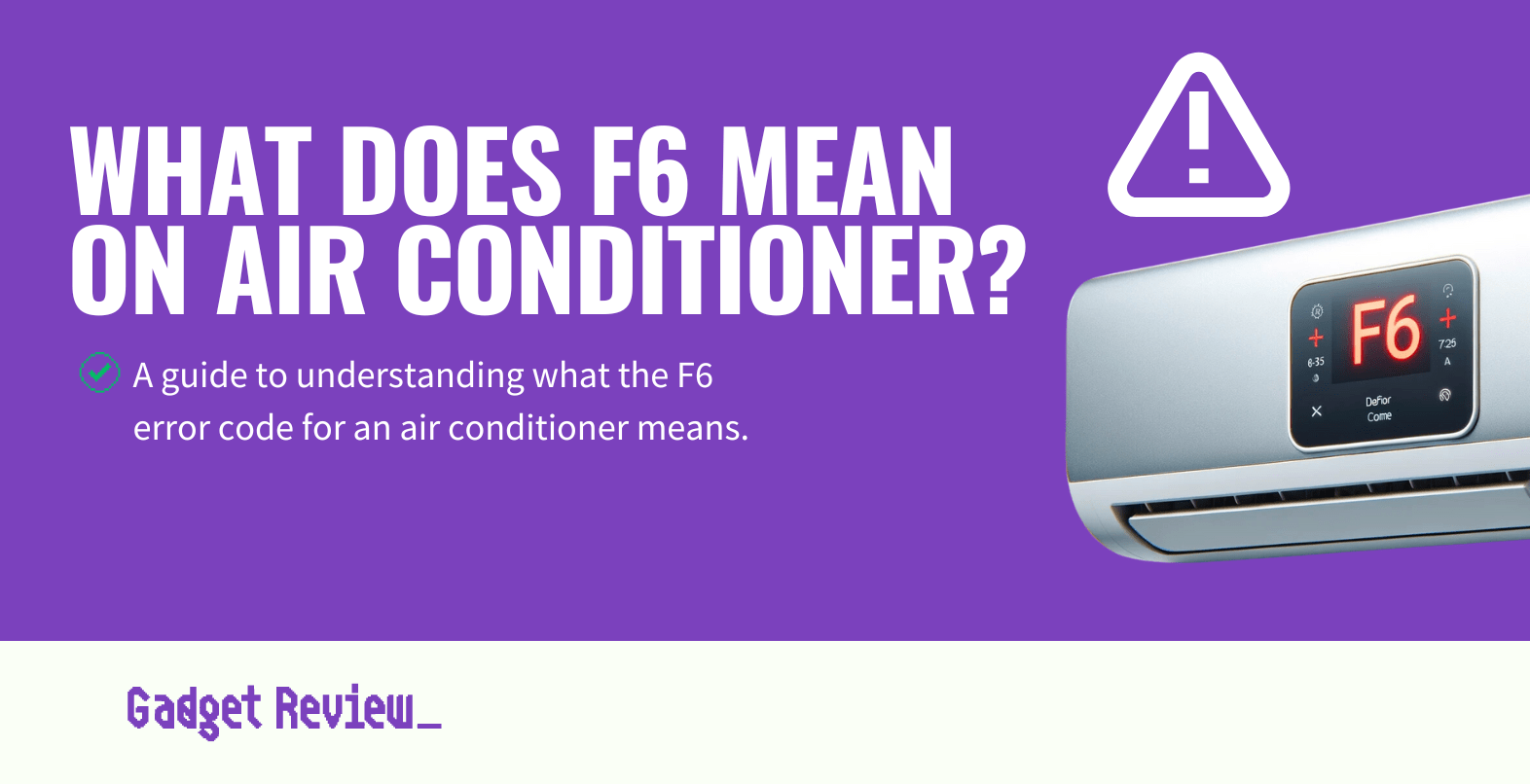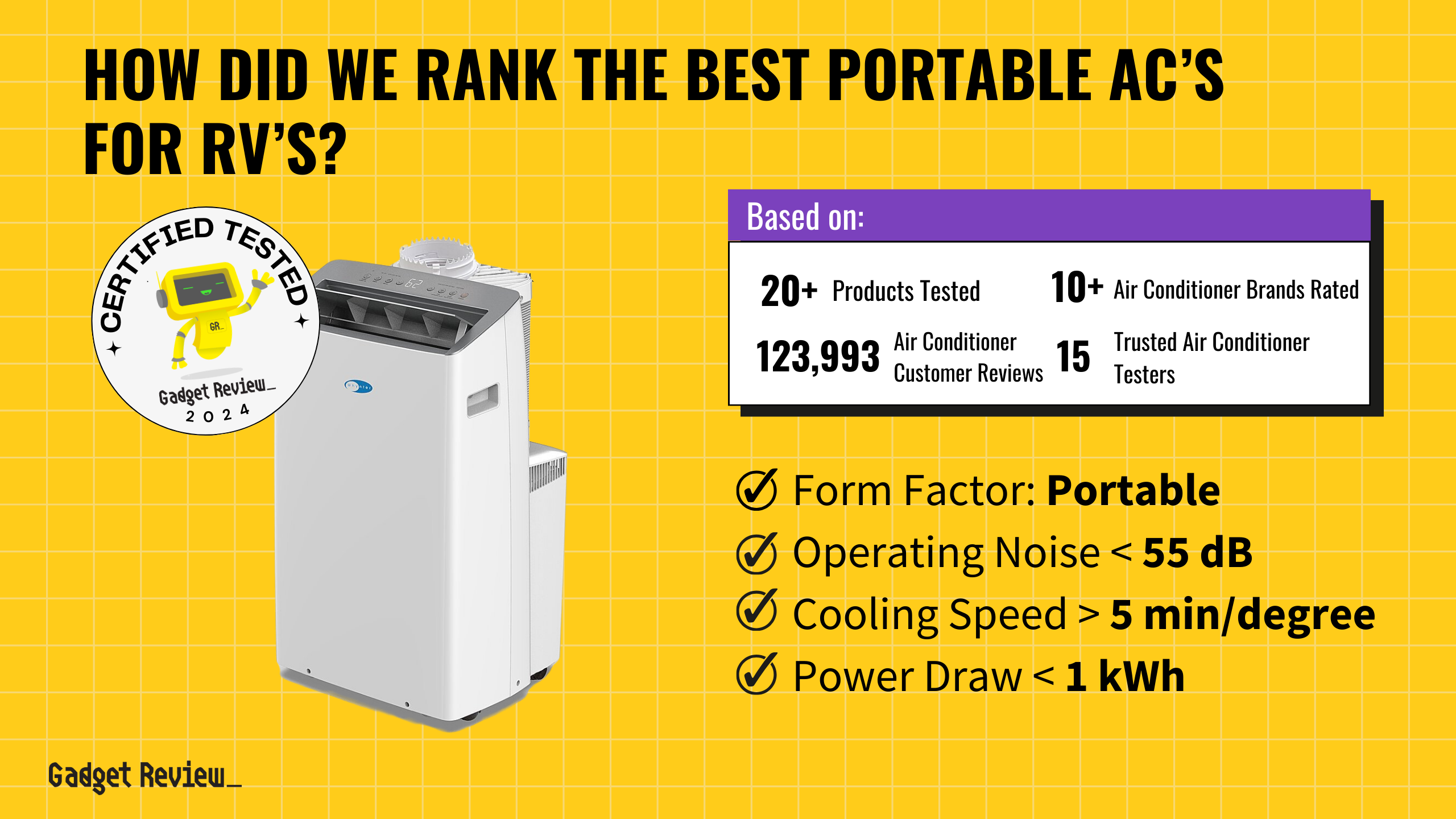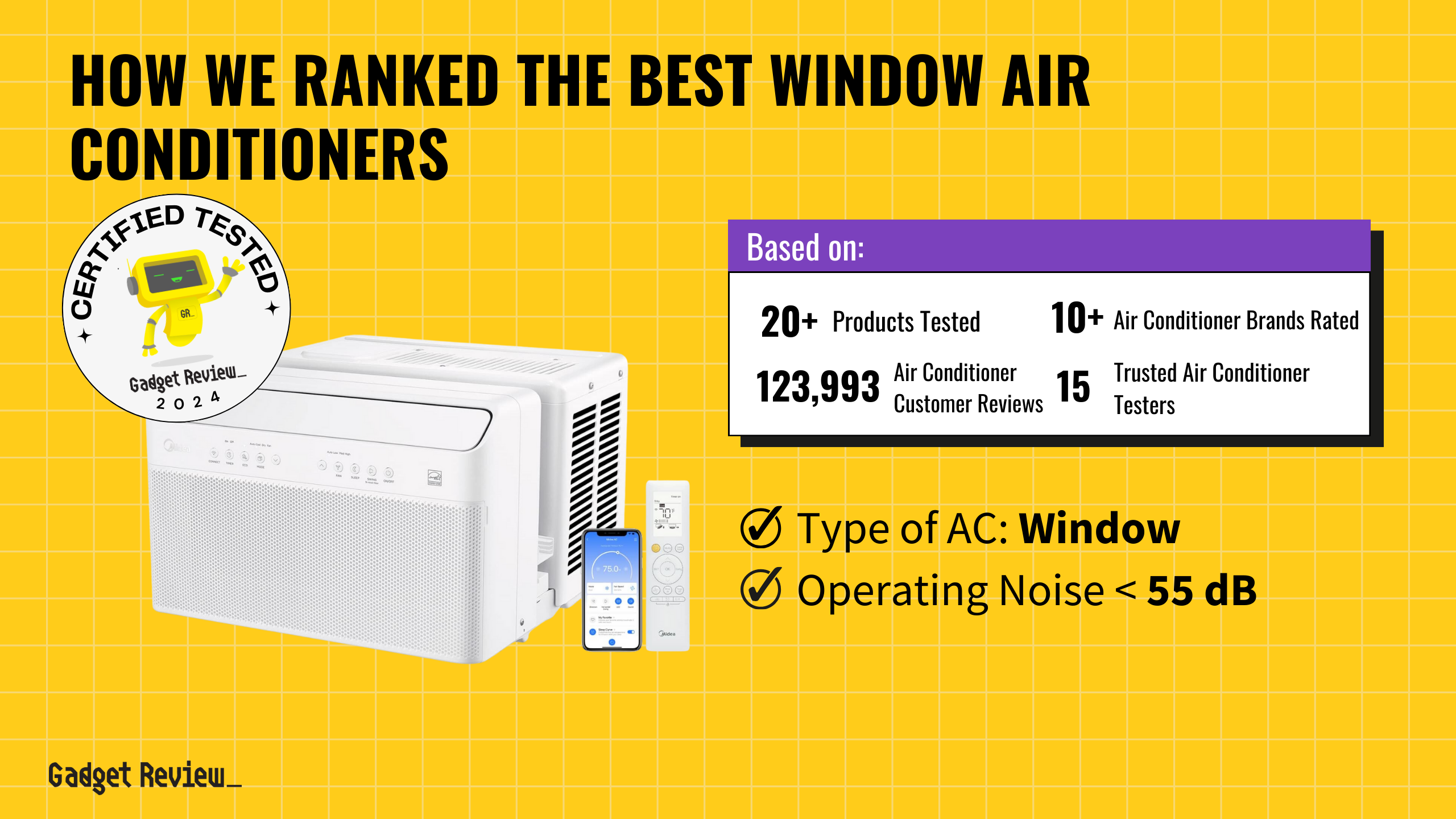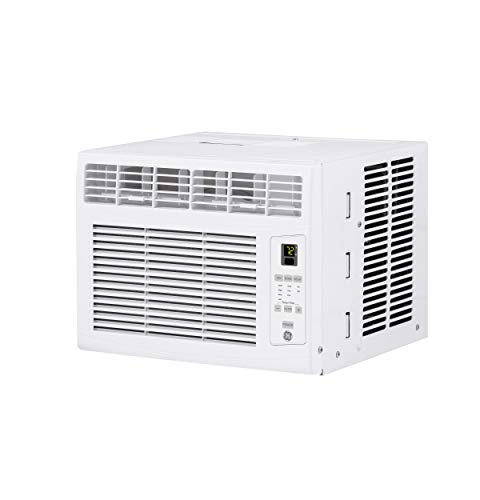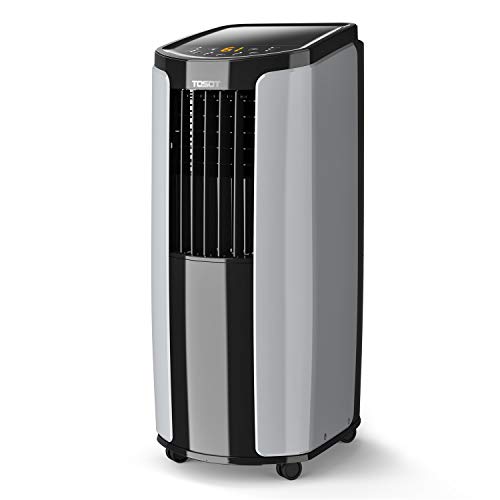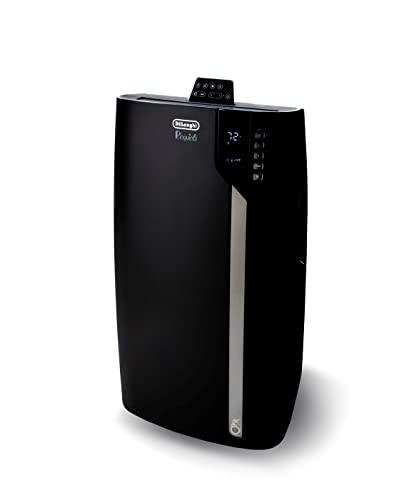Portable AC units rival window units as some of the best air conditioners you can buy as standalone solutions. They are a versatile and convenient solution for beating the heat, especially in spaces where traditional air conditioning units can’t be installed. However, like any appliance, they can run into issues that affect their cooling efficiency or overall operation. Whether it’s a unit refusing to power on, insufficient cooling, or unusual noises, most problems have straightforward fixes. This guide aims to empower you with the knowledge to tackle common portable air conditioner problems, ensuring your unit keeps you cool without a hitch.
Key Takeaways_
- Portable AC repairs are often easy measures to complete without calling a specialist.
- If your unit lacks airflow or cooling power, first check to see if you have a dirty filter.
- Portable air conditioning units have specific settings, such as “defrost,” that are built-in to help with self-repairs.
Troubleshooting Different Portable AC Unit Problems
Begin by verifying that the power cord is securely connected to both the portable unit and the power outlet.
Check the control panel or remote control to ensure the unit is not in standby mode and that the desired temperature and modes are correctly set.
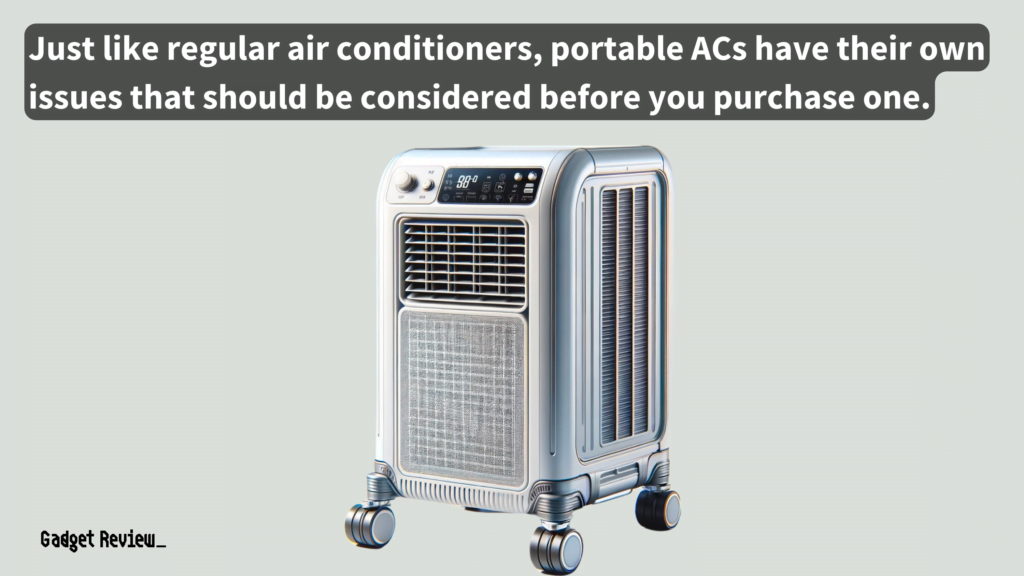
Understanding what aircon symbols mean can greatly improve your ability to set your unit efficiently, such as symbols for cooling, dehumidifying, and fan modes.
Regularly drain the water tank and check the condensate drain for any blockages that might prevent normal operation.
If you’re wondering how to vent a portable air conditioner without a window, consider using a door kit or venting through a wall or drop ceiling.
Air Conditioner Not Turning On
If your unit won’t power up, check the power cord and electrical outlet for any signs of damage. Ensure the power button is fully engaged and the power supply hasn’t tripped any circuit breakers.
If you are sure it’s not a power source issue, your AC may have blown a fuse. You can consult your manual or take it to a repair service to fix this.
Sometimes, simply resetting the appliance by unplugging it or hitting the reset button can restore normal operation.
Electrical Issues
Flickering lights or a unit that frequently trips breakers may indicate an electrical connection issue. Ensure the portable AC unit is not overloading the electrical circuit and that all internal connections are secure.
If the power light is not on, this could indicate a lack of power or an issue with the power plug itself.
Unit Not Cooling
Insufficient cooling often stems from a dirty air filter obstructing airflow or incorrect temperature settings.
An E1 error code on your portable AC can indicate a range of issues, including a clogged filter or a malfunctioning temperature sensor, requiring basic troubleshooting or an experienced technician’s help.
Filter maintenance is crucial; a clogged filter can significantly reduce efficiency and lead to overheating. Ensure the air filter is clean, and the unit is set to cool mode. Check for any obstructions near the air conditioner vent hose that might impede adequate airflow.
If you have a non-washable filter, vacuum until the dust/debris is gone, reinsert, and check to see if the airflow is back to normal.
Use soapy water to wash and scrub any washable filters, then rinse with clean water and let the filter air dry before replacing it and checking to ensure the air is flowing correctly.
insider tip
If you’re experiencing a lack of cooling power, check the length of your exhaust hose. The longer the exhaust hose, the less cooling capacity.
A refrigerant leak, indicated by ice on the evaporator coil or a musty smell, requires a technician’s attention due to the specialized tools needed for handling refrigerant.
Dual hose units can offer more efficient cooling and may reduce some common portable AC issues related to poor air exchange.
Strange Noises
Unusual sounds can indicate an object obstructing the fan motor or built-up grime within the unit. Inspect the interior for any foreign objects and clean any visible grime with warm water and mild detergent.
For a non-working compressor, listen for the click indicating it’s engaging. No sound could point to a power issue or a faulty compressor.
Temperature Issues
Ensure the temperature sensor isn’t exposed to direct sunlight, as this can affect the ambient room temperature reading. Adjust the temperature setting to better reflect the current room temperature and desired cooling level.
Advanced Troubleshooting
When faced with complex issues like a malfunctioning temperature sensor, control board problems, or a significant refrigerant leak, it’s wise to consult a professional technician.
warning
Be very careful if you adjust the Freon level in your portable unit. Using too much or too little can cause damage.
These problems often require specialized diagnostic tools and knowledge beyond the scope of typical DIY repairs, and an experienced technician can provide the necessary expertise.
Maintenance Tips to Prevent Future Issues
Regular maintenance is key to ensuring the longevity and efficiency of your portable air conditioner.
- Clean the air filter on a regular basis to maintain adequate airflow.
- Keep the unit away from direct sunlight and ensure the exhaust hose is straight to prevent any kinks that could restrict airflow.
- During the off-season, store the unit in a cool, dry place away from direct sunlight.
STAT: Air conditioners account for about 20% of a building’s electricity usage. (source)
Tackling portable air conditioner issues doesn’t have to be daunting. With the right knowledge and a bit of elbow grease, most problems can be resolved quickly, restoring your unit to its peak cooling capacity.
Remember, regular maintenance not only prevents common issues but also extends the life of your portable AC, ensuring it provides cooling for years to come.

